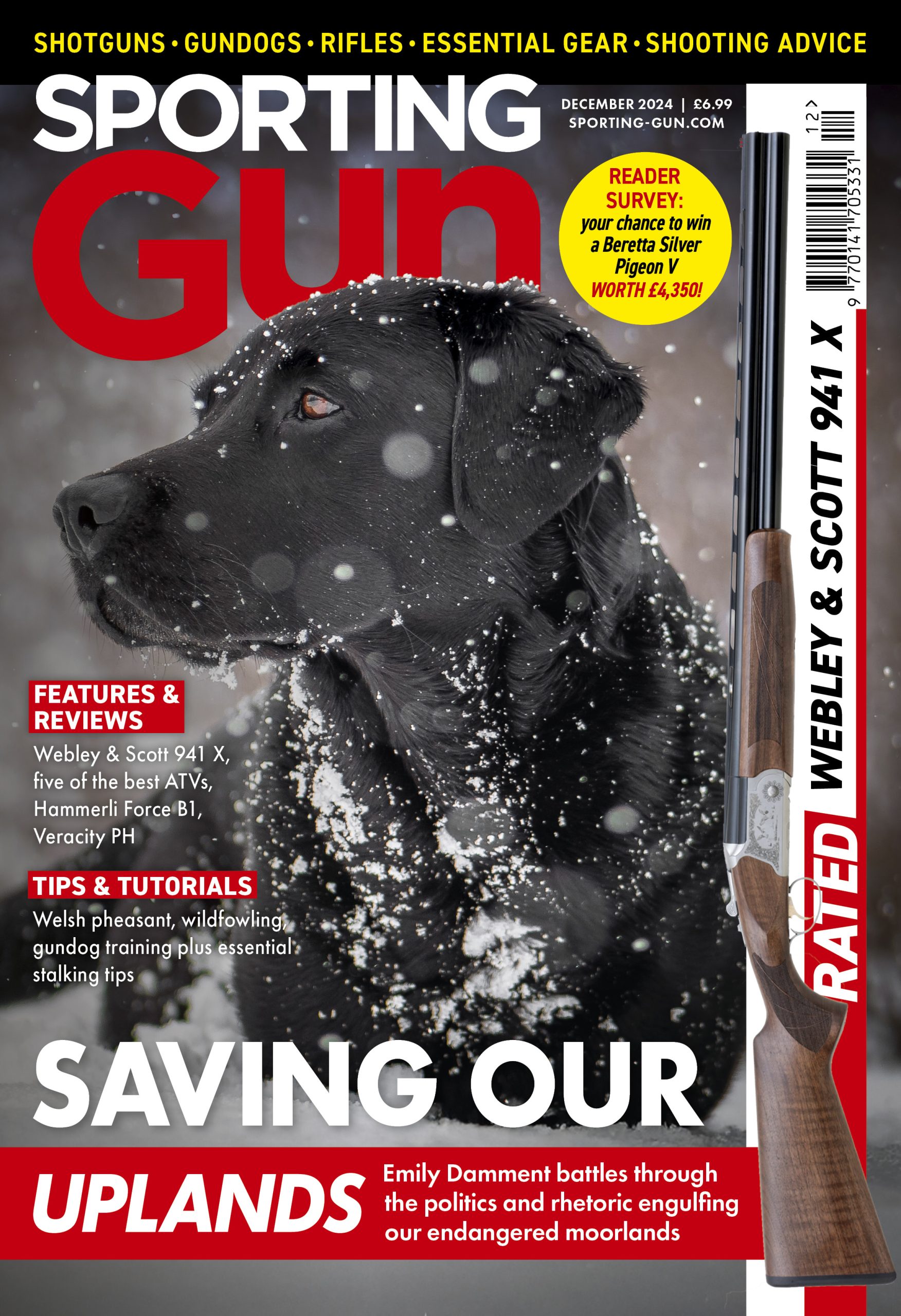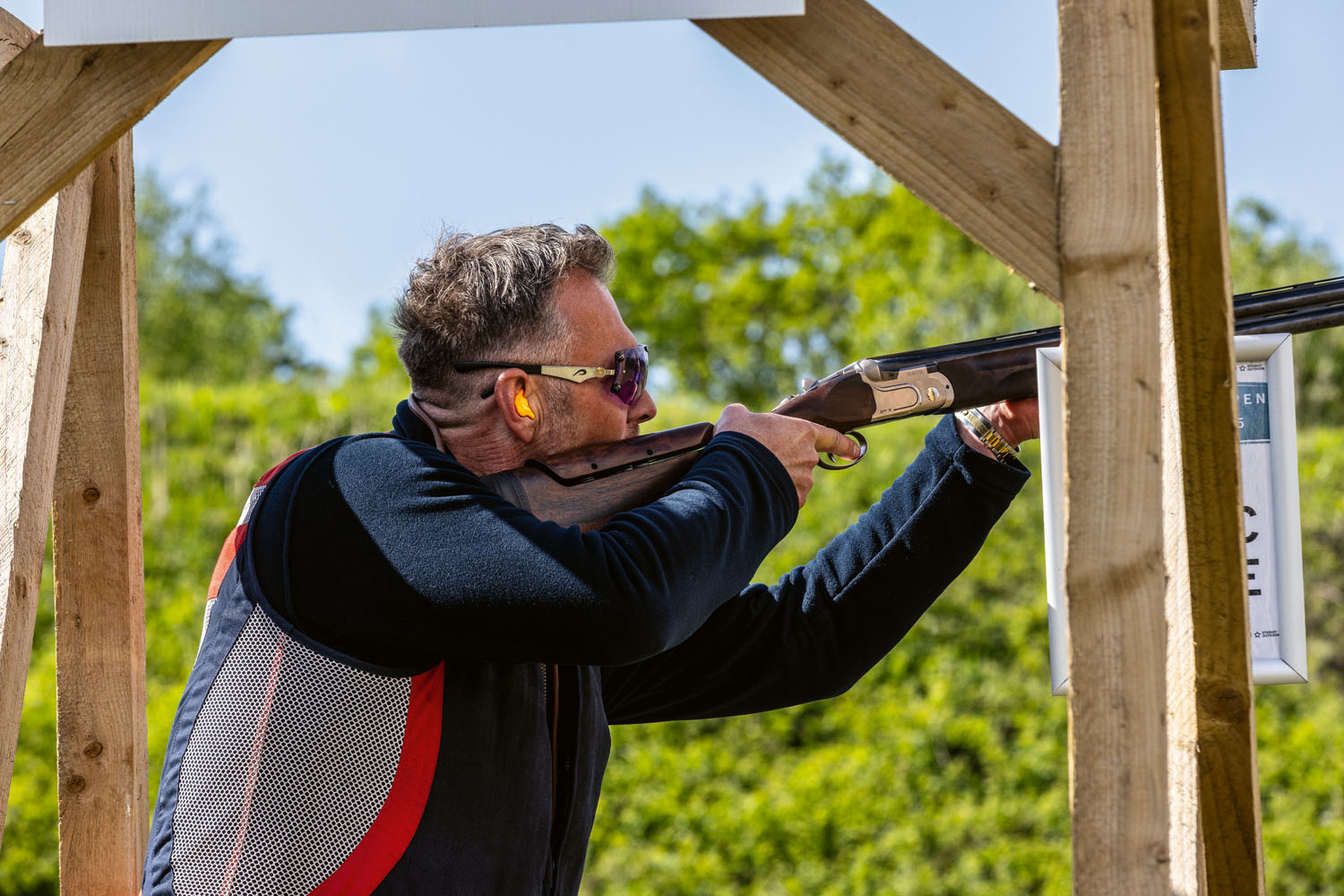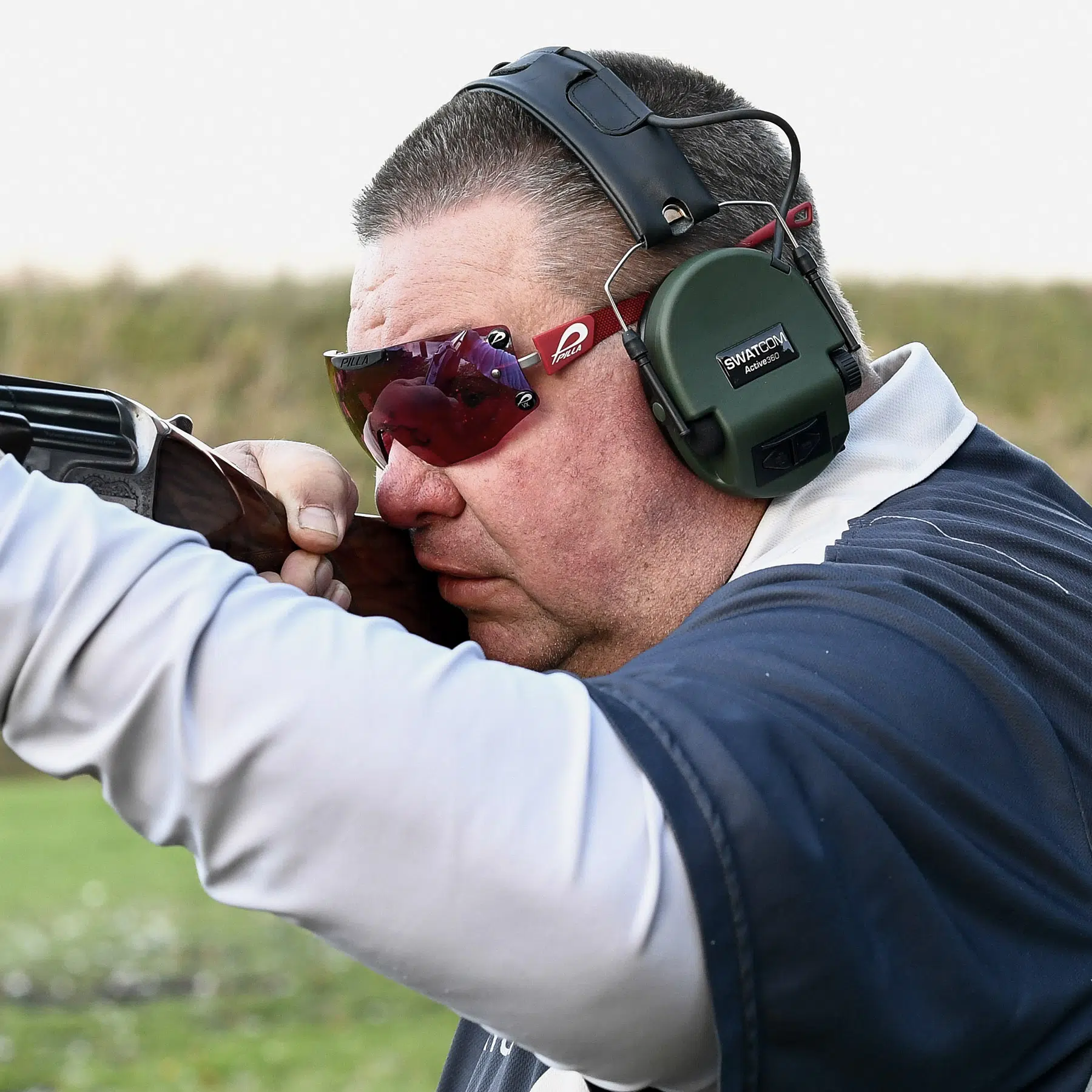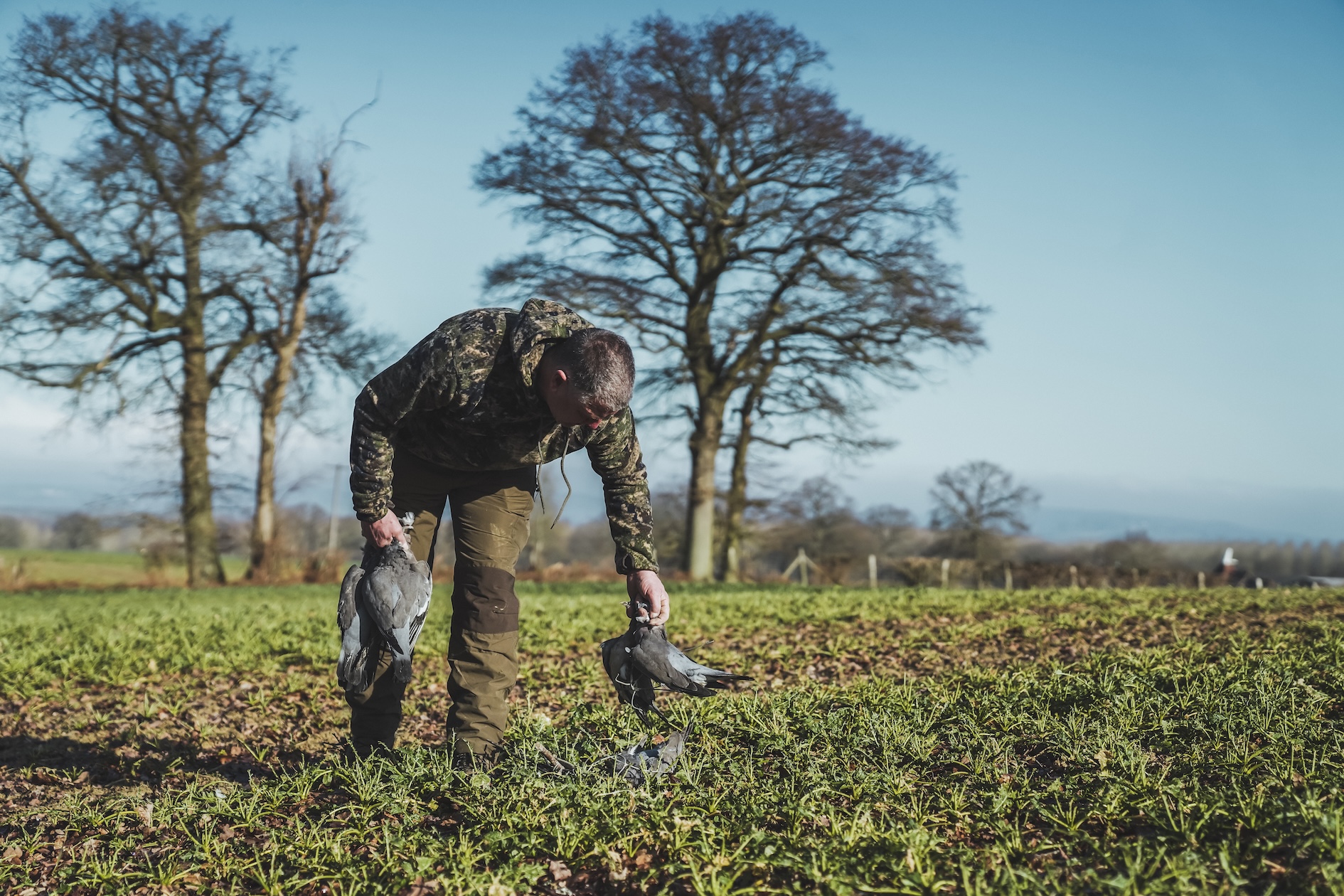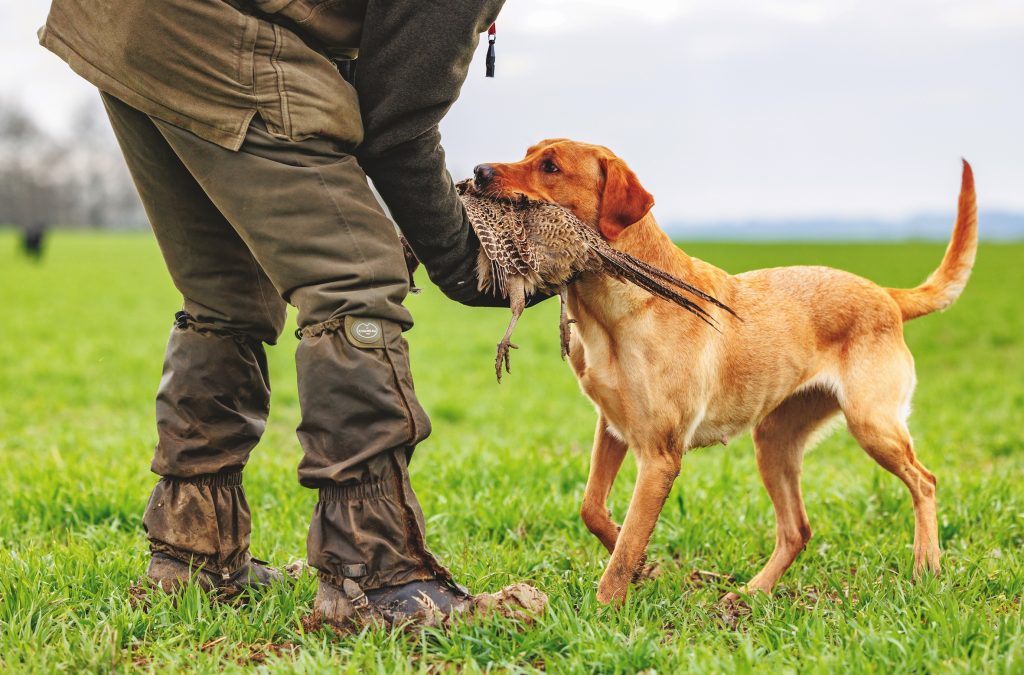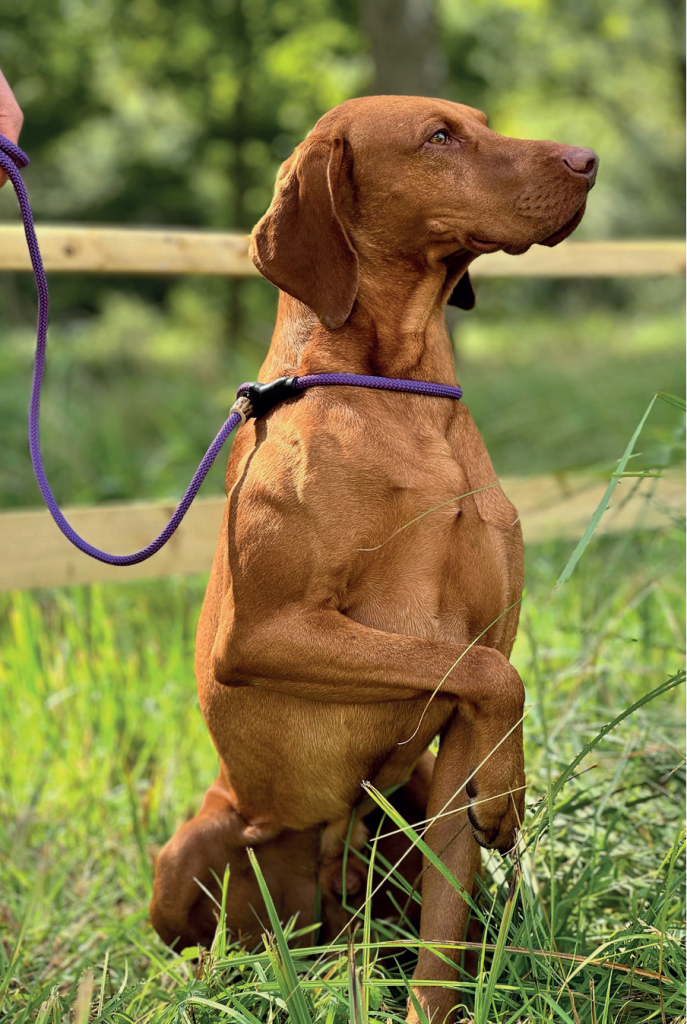★ Win a Schöffel Country shooting coat for everyone in your syndicate worth up to £6,000! Enter here ★
Pet gundog?
The term ‘pet gundog’ is become increasingly heard, but what exactly does it mean – and what is pet gundog training? Ryan Kay explains
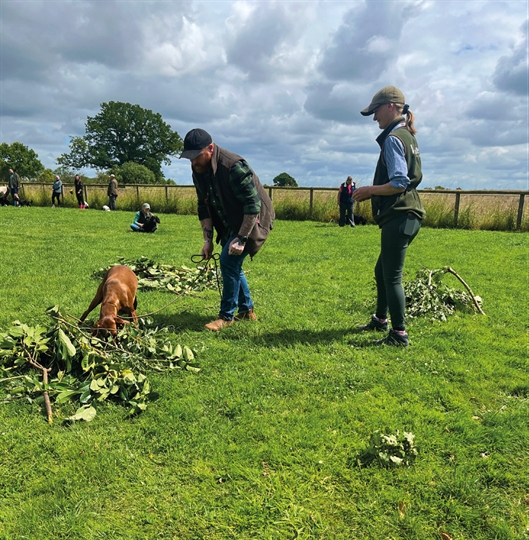
The expression ‘pet gundog’ seems to pop up everywhere nowadays. Every dog trainer, whether of general breeds or gundogs, appears involved and onboard, offering associated classes or courses for anyone with a gundog breed. And we’re included in that because we also provide pet gundog classes at Farlavale.
So, what is a pet gundog? After all, we consider all our gundogs here to be pets. The definition of pet, according to the Oxford dictionary, is “a domestic or tamed animal kept for companionship or pleasure”.
The companionship goes without saying, and the pleasure we get comes from the privilege of owning, training, and working them. The definition probably covers everyone who owns a gundog breed, so I guess the real question is: “What is pet gundog training?” I posted this to the Farlavale Facebook page and people gave a range of explanations of what it meant to them, but the majority projected the same theme. In a nutshell, pet gundog training is for owners of a gundog breed who wish to do some gundog-type training but don’t aspire to work them in the shooting field.
Owners essentially recognize that their dog may benefit from gundog work, where that style of training provides an outlet for their breed’s identifiable and natural behaviors. And generally speaking, this is usually what’s presented as the offering by different trainers.
High Demand
At Farlavale, we initially discounted pet gundog classes, but as time went by, we could no longer ignore the high demand for this type of training. Owners largely feel less pressure knowing that working their dog in the shooting field isn’t the end goal. The shooting side, where game and guns are key features, is taken out of the equation.
Nowadays, the sheer popularity of gundog breeds means that the majority of them will never be used for their original purpose, so pet gundog training is a good thing. It allows owners to provide appropriate stimulation for their dog, aligned with its breeding, as long as it is carried out by knowledgeable trainers. If not, it can lead to unwanted behaviors and problems for the owner, where their dog is exposed to more than they expected.
Another question I posed on the Facebook page was, “Should the trainer delivering pet gundog training be a gundog trainer, or is it okay for a general dog trainer to teach pet gundog training?” Some of you may remember an article I wrote last year on the definition of a gundog trainer, where I defined it as “a person who can teach another person to train their dog to perform in the shooting field.”
As we know, gundogs are split into four subgroups, each performing specific jobs within the wider shooting field. If a trainer provides pet gundog training that involves the basics like steadiness, some whistle work, and a bit of heel work, that’s fine, and generally, that’s what I hear happens in many classes.
However, as three of the four subgroups are primarily hunting dogs, problems can arise when hunting is activated or encouraged incorrectly in pet gundog training. A large part of the courses at Farlavale involves explaining to owners what they have in front of them, what can realistically be achieved, and how they may need to manage expectations to suit their lifestyle.
For hunting dogs like spaniels, HPR breeds, or pointers/setters, managing their hunting drive is key. Since it’s pet gundog training, there should be no involvement with game or the scent of game. Instead, we emphasize avoiding gamey areas and teach owners how to interact with their hunting dogs on walks.
If we were to teach hunting on the scent of game and encourage it in class, we’d be setting the dogs up to fail in the real world. Yes, we teach hunting games and how to use body language that enhances control when out and about, but we stress that hunting should never be an independent activity where the dog is ‘self-employed’. It’s encouraging to see how many owners want to learn more about their breed and what motivates it.
Responsiblity
The answer to whether the trainer should be a gundog trainer has to be “yes,” not only because of the responsibility to provide adequate advice and training, but also due to another reason many of our Facebook responders mentioned – the possibility that owners become hooked and want more.
Many owners initially have no intention of working their dog in the shooting field, but after pet gundog training and gaining a deeper understanding, some decide to explore it further. In fact, we’ve found that approximately a third of our class attendees end up venturing into the shooting world with their gundog.
This emphasises the need for experienced gundog trainers to carry out pet gundog training because if that initial training is poor, delivered by a generic trainer who has jumped on the pet gundog training bandwagon, it could lead to disappointment further down the line.
I admit there’s a bigger topic to explore here, and although I’ve suggested it should be black and white I also feel it comes down to being up-front about what’s being offered under the term pet gundog training. Because going to a pet gundog class with a proven gundog trainer is likely to be quite different from going to a class run by someone who’s usually a generic dog trainer. The training from the latter could simply mean having fun engaging games with biddable breeds, and that’s absolutely fine, but owners need to be aware of this and do their research before they commit to a class or lesson.
Related Articles
Get the latest news delivered direct to your door
Subscribe to Sporting Gun
Subscribe to Sporting Gun magazine and immerse yourself in the world of clay, game and rough shooting. As the leading monthly publication for passionate shooters at all levels, Sporting Gun delivers expert advice, practical tips and in-depth reviews to enhance your skills and enjoyment of the sport.
With features ranging from gundog training to pigeon shooting, and wildfowling to equipment recommendations, you’ll gain valuable insights from professional shooters and industry experts. A subscription not only saves you money on the cover price but also includes £2 million Public Liability Insurance, covering the use of shotguns, rifles and airguns for both recreational and professional use.
